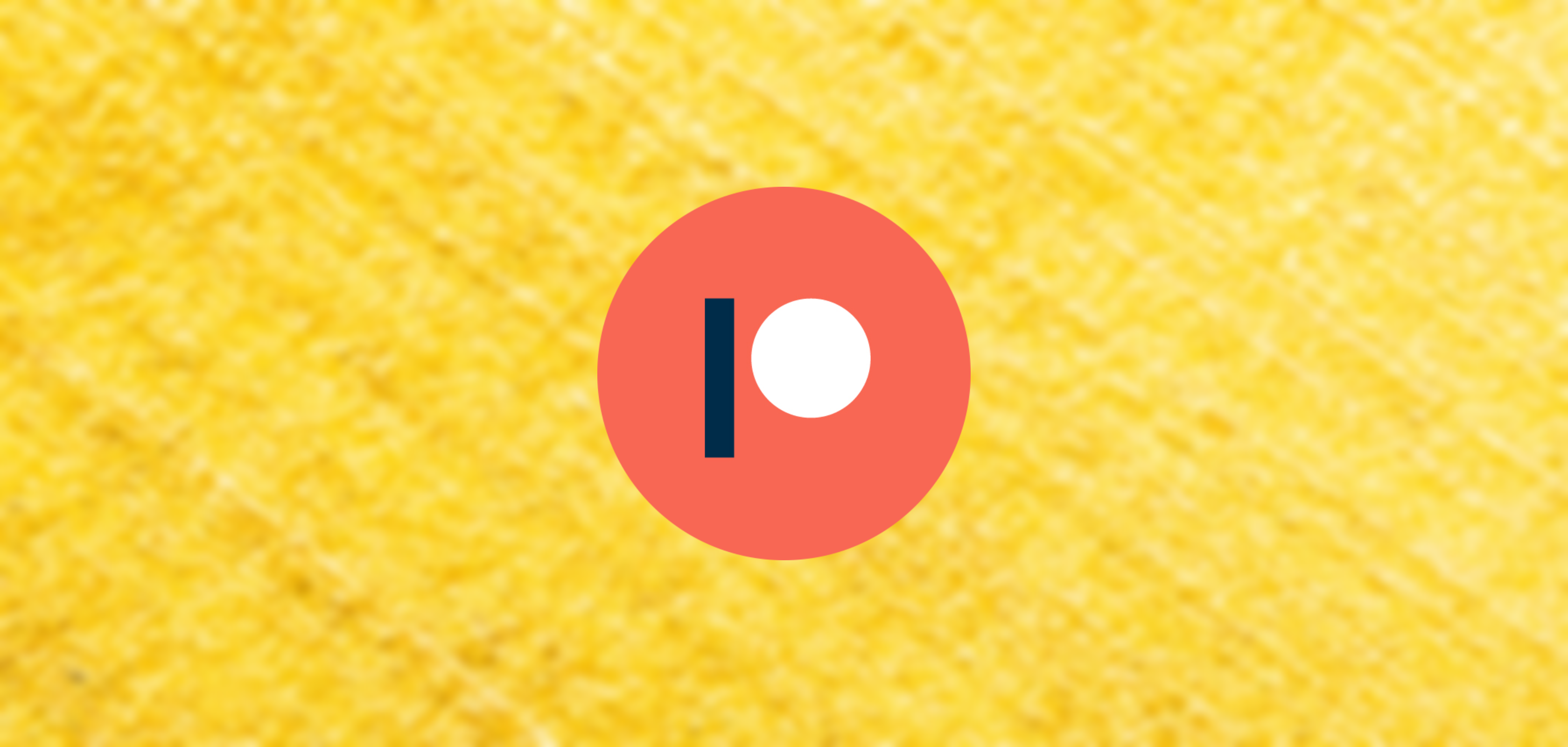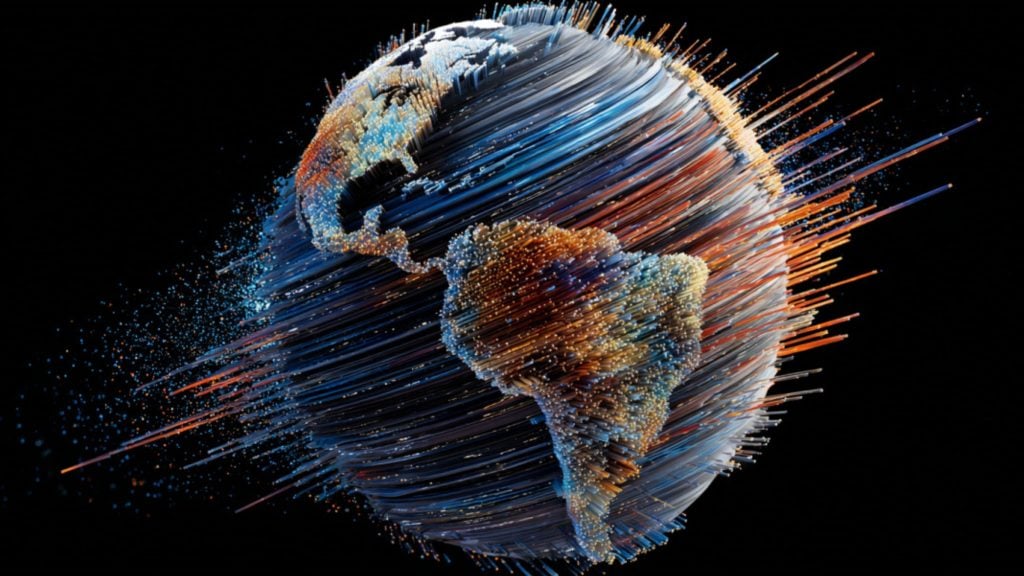A California Court has issued a tentative ruling against fan-funding platform Patreon and denied its request for an injunction against 72 claimants who are seeking arbitration against the company.
If the final ruling goes against Patreon, which it looks like it might, lawyer, commentator, and producer Mike Cernovich believes that it would serve as “a HUGE workaround for Big Tech censorship” where the former backers of large creators who are banned from Patreon or other similar sites such as payments service PayPal could file similar motions and force these companies to pay huge arbitration fees that could total millions of dollars.
The 72 claimants are former backers of comedian Owen Benjamin who was banned from Patreon last October for “hate speech.”
According to Cernovich, when Patreon or similar platforms ban creators, they disrupt the economic relationship between the creators and their backers and this is legally considered “tortious interference.”
After Benjamin was banned from Patreon, he filed a $2.2 million claim against the company and later upped his claim to $3.5 million.
In early December 2019, several of his former backers told Patreon that they intended to seek arbitration over Benjamin’s ban and 72 of these former backers filed separate, identical arbitration claims against Patreon on January 6, 2020.
When Benjamin was banned and when his former backers put Patreon on notice, Patreon’s terms of service required disputes to be resolved by arbitration on an individual basis and prohibited “class arbitrations or other grouping of parties.”
These terms also included a section that states:
“We encourage you to contact us if you have an issue. If a dispute does arise out of these terms or related to your use of Patreon, and it cannot be resolved after you talk with us, then it must be resolved by arbitration.”
Some have interpreted this as a requirement for users to contact Patreon before seeking arbitration while others have suggested it’s a request rather than a demand.
But according to Cernovich, because Patreon wrote the terms of service, contra proferentem will apply which means any ambiguous language will be read in favor of the party who didn’t draft it and the terms will be resolved against Patreon.
Cernovich adds that under California law, Patreon must pay the arbitration fees in advance and that these fees can be upwards of $10,000 per case. In this case, Cernovich is suggesting that the fees could total millions of dollars. And Patreon can’t collect these fees back, even if it wins the arbitrations.
In summary, when Benjamin filed his claim and the former backers put Patreon on notice, Patreon’s terms of service forced arbitration and required users to tell Patreon of their intention to seek arbitration in advance. Under this arbitration process, Patreon is required to pay arbitration fees which are likely to total millions of dollars and Patreon can’t reclaim these fees, regardless of the outcome.
On January 1, a few weeks after Benjamin’s former backers had told Patreon they intended to seek arbitration but days before they filed their claims on January 6, Patreon unilaterally changed its terms of service and added a clause that states:
“You may not bring a claim against us for suspending or terminating another person’s account, and you agree you will not bring such a claim. If you try to bring such a claim, you are responsible for the damages caused, including attorneys’ fees and costs. These terms remain in effect even if you no longer have an account.”
Patreon lost several procedural motions before arbitration and then filed a group action in California State court against the 72 former backers of Benjamin, seeking an injunction to stop the arbitrations.
According to Cernovich, because Patreon’s terms of service prohibit class arbitrations or other grouping of parties, contra proferentem applies and Patreon can’t claim that the “other grouping of parties” section only applies to arbitrations.
“How can Patreon file a group action against 72 defendants when Patreon barred group actions? They can’t,” Cernovich argues.
In the latest hearing on the matter, the judge tentatively denied Patreon’s request for an injunction but the court is asking for a further briefing so it will be a couple of weeks before a formal judgment.
During the hearing, Patreon’s lawyer argued that “the arbitration claims will be substantial” and that Patreon would suffer irreparable harm.
But the judge told Patreon’s lawyer: “You changed the rules of the game in the middle of the game.”
First Amendment lawyer Marc Randazza, who represented 67 of Benjamin’s former backers, argued that Patreon set up the terms of service to mandate arbitration, lost rulings in arbitration, and now wants a court order to stop arbitrations.
The judge also cited a lawsuit where DoorDash was ordered to pay $9.5 million in arbitration fees in response to Patreon’s lawyer’s argument that the arbitration claims would be substantial.
In the DoorDash lawsuit, US District Judge William Alsup told DoorDash: “You’re going to pay that money. You don’t want to pay millions of dollars, but that’s what you bargained to do and you’re going to do it.”
Benjamin is one of several high profile creators that have been banned by Patreon with comedian Soph and several creators of Japanese-style art being some of the others who have been booted from the platform.
Author and public speaker David Icke and independent news outlet Zero Hedge are two high profile creators who have been banned from PayPal in recent month.
Cernovich and other lawyers are now looking at whether a formal judgment against Patreon would mean that former backers of large creators who have been banned from PayPal could file similar motions for arbitration.












